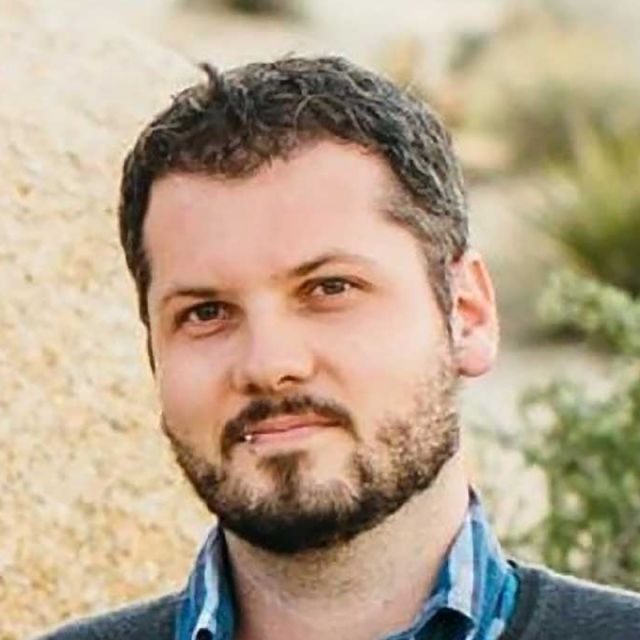Virtual Patient Simulations for Retinal Prostheses

ONLINE CBE SEMINAR
All Spring 2020 CBE Seminars will be hosted online via Zoom. RSVP to receive zoom link by emailing info@bioengineering.ucsb.edu.
Zoom will open after the host has joined at the start of each seminar. You can ask questions through the chat forum and by raising your "hand" and the speaker will call on you.
Speaker
Michael Beyeler, PH.D.
Assistant Professor
Department of Computer Science
Dynamical Neuroscience
Psychological & Brain Sciences
University of California, Santa Barbara
Abstract
Retinal neuroprostheses are the only FDA-approved treatment option for blinding degenerative diseases such as retinitis pigmentosa and age-related macular degeneration. However, data from implanted patients makes it clear that current devices do not restore natural vision: interactions between the electronics and the underlying neurophysiology result in spatiotemporal distortions that may severely limit the quality of the generated visual experience. A major outstanding challenge is thus to predict what implant recipients ‘see’ when they use their devices.
In this talk I will describe our recent efforts to develop a biologically inspired computational model based on a variety of patient behavioral data that predicts the perceptual experience of retinal prosthesis patients. Furthermore, by embedding this model in immersive virtual reality (VR) environments, sighted subjects can act as virtual patients in real-world tasks. Rather than aiming to ‘restore natural vision’, there is potential merit in selecting stimulation strategies that maximize behavioral performance on specific real-world tasks that are known to diminish the quality of life of the blind (e.g., face recognition, outdoor navigation, reading, self-care). Strategies that result in good VR performance can then be validated in real retinal prosthesis patients.
BIO
Michael Beyeler directs the Bionic Vision Lab at UC Santa Barbara (https://bionicvisionlab.org). He received a PhD in Computer Science from UC Irvine as well as a BS in Electrical Engineering and a MS in Biomedical Engineering from ETH Zurich, Switzerland. Prior to joining UCSB, he completed a postdoctoral fellowship in the labs of Ione Fine (Psychology, Institute for Neuroengineering) and Ariel Rokem (eScience Institute) at the University of Washington, where he developed computational models of bionic vision. He is Associate Director of the UCSB Center for Virtual Environments and Behavior (ReCVEB) and recipient of the National Institutes of Health (NIH) Pathway to Independence Award.